Secretary-General António Guterres today (3 Aug) urged governments to tax oil and gas companies' “excessive profits” and said it was “immoral” for these companies “to be making record profits from this energy crisis on the backs of the poorest people and communities and at a massive cost to the climate.”
Launching the third brief of the Global Crisis Response Group (GCRG) on Food, Energy and Finance, Guterres said, “the combined profits of the largest energy companies in the first quarter of this year are close to 100 billion US dollars. I urge all governments to tax these excessive profits and use the funds to support the most vulnerable people through these difficult times.”
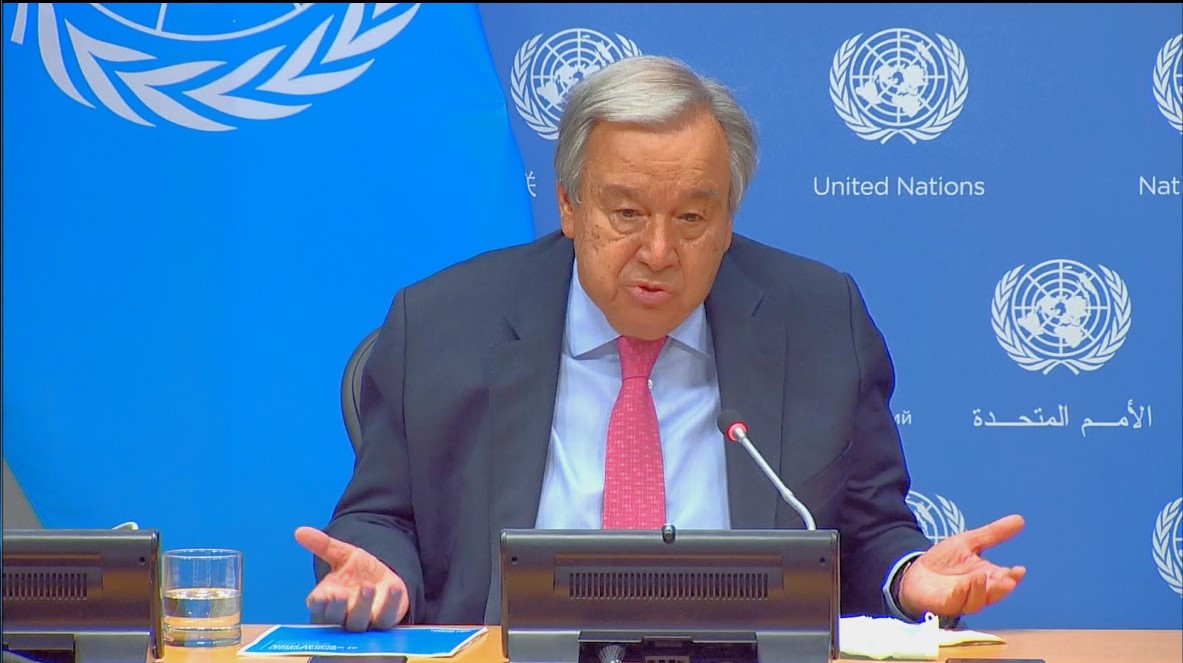
Highlighting recommendations in the report, the Secretary-General said, “all countries – and especially developed countries – must manage energy demand. Conserving energy, promoting public transport and nature-based solutions are essential components of that.”
Stressing need to accelerate the transition to renewables, he said, “storage technologies including batteries should become public goods. Governments must scale up and diversify supply chains for raw materials and renewable energy technologies. They should eliminate red tape around the energy transition, and shift fossil fuel subsidies to support vulnerable households and boost renewable energy investments. And governments must support the people, communities and sectors most affected, with social protection schemes and alternative jobs and livelihoods.”
Guterres said developing countries “don’t lack reasons to invest in renewables” as “many of them are living with the severe impacts of the climate crisis, including storms, wildfires, floods and droughts.”
What they lack, he added, “are concrete, workable options.”
The Secretary-General said, “prices go up and down. It is true but go up and down largely because of speculation and because of artificial conditions. And the truth is that we are seeing excessive, scandalous profits of oil and gas industry in a moment in which all of us are losing money.”
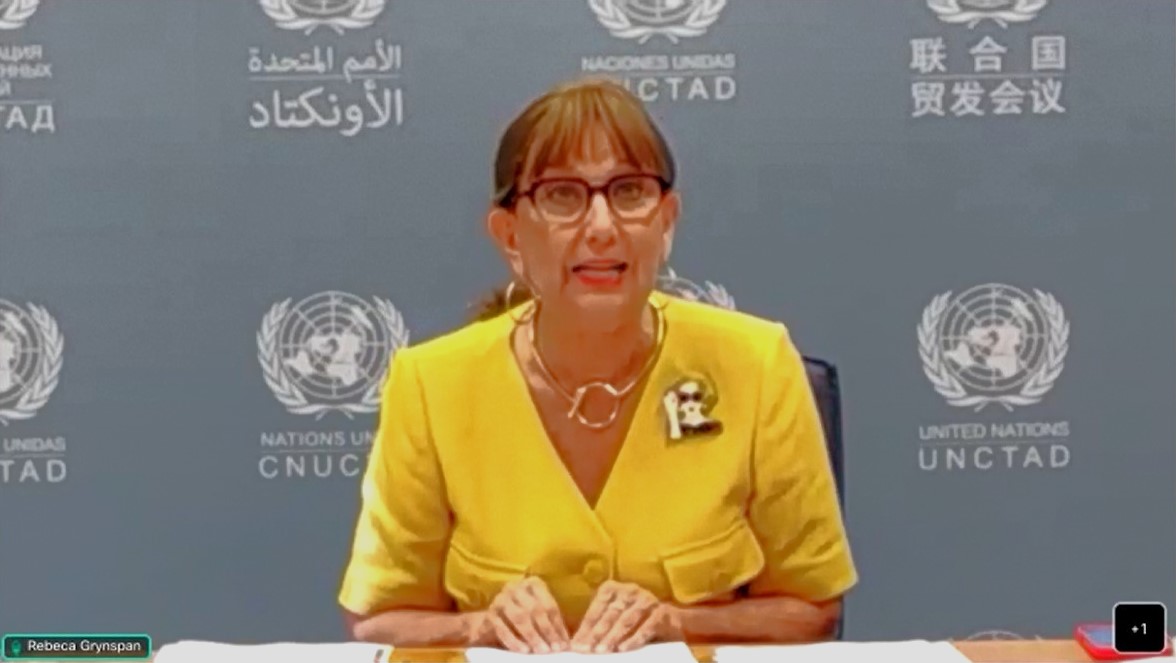
Grynspan said, “as the colder months grow nearer, the pressure governments feel today will get even worse. The only way to relieve this pressure is by working together, by avoiding to all costs a scramble for fuels, by shielding the vulnerable from energy poverty, by managing demand in a fair and equitable way. And by investing in doubling down on the energy transition.”
She said, “the short term and the long term start at the same time. And that time is now.”
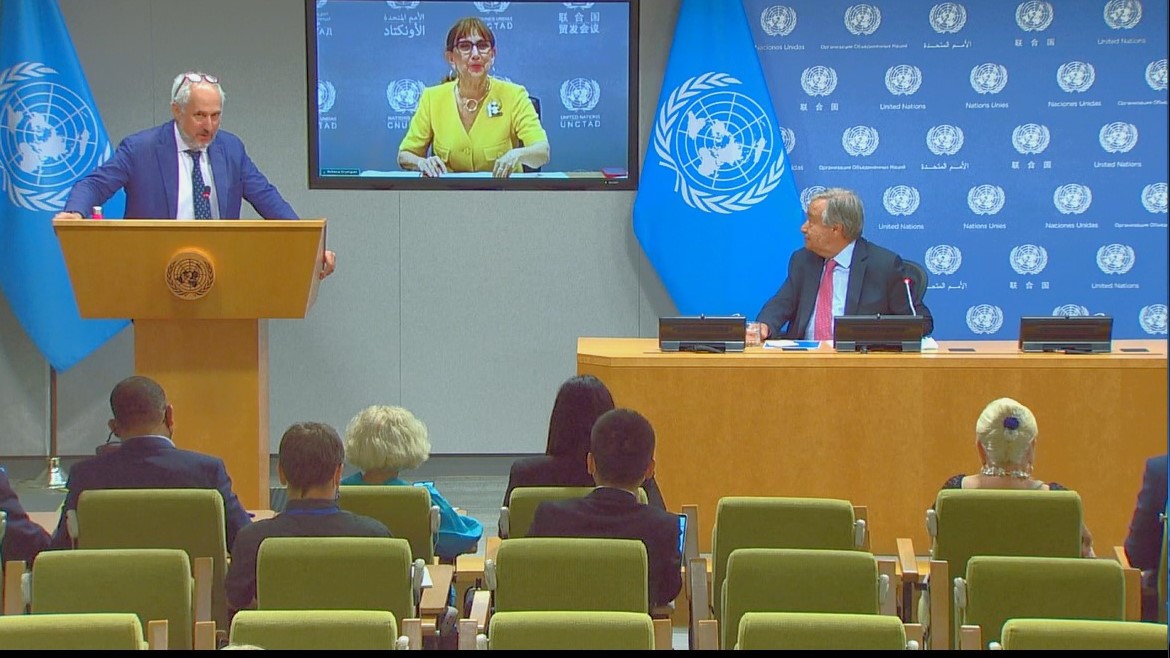
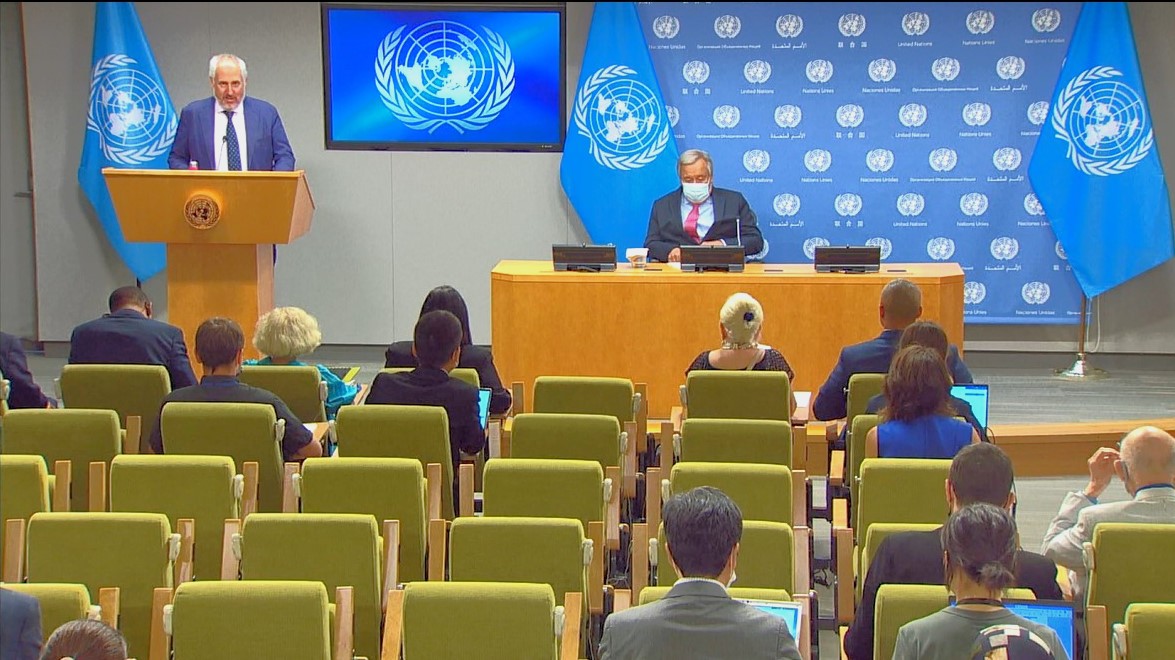
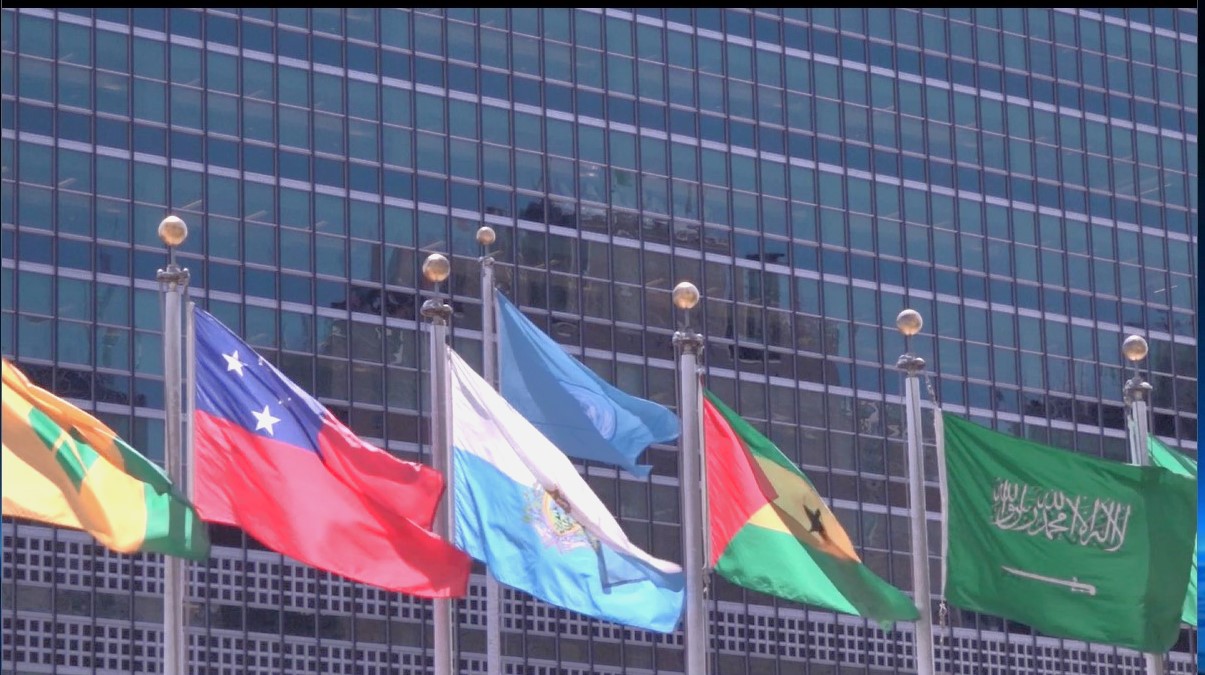
The GCRG’s third brief recommends that governments find the most effective ways to fund energy solutions, such as publicly funded cash transfers and rebate policies, to protect vulnerable communities everywhere, including through windfall taxes on the largest oil and gas companies. At the same time, the brief urges a transition to renewables.
The brief comes on the heels of the landmark Black Sea Grain Initiative which was agreed between Russia, Türkiye and Ukraine, under the auspices of the United Nations, on 22 July, paving the way for the first shipment of grains from Ukraine to leave the port of Odesa on 1 August.
 Celebrity Media TV
Celebrity Media TV









